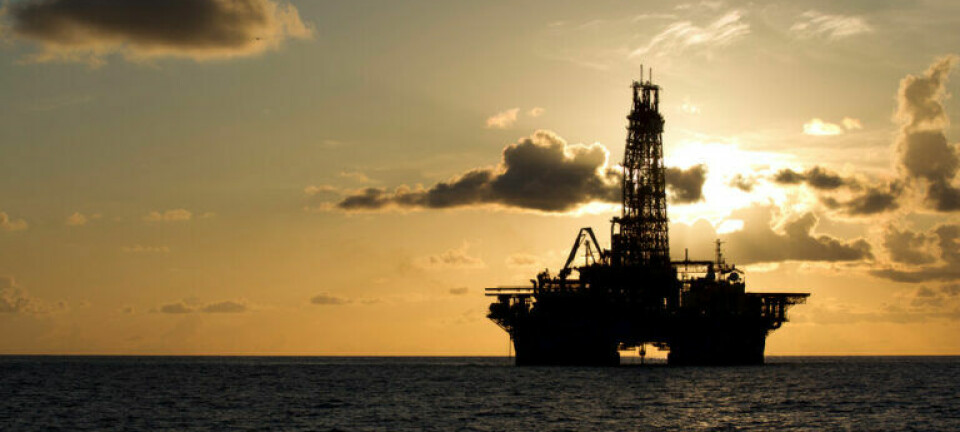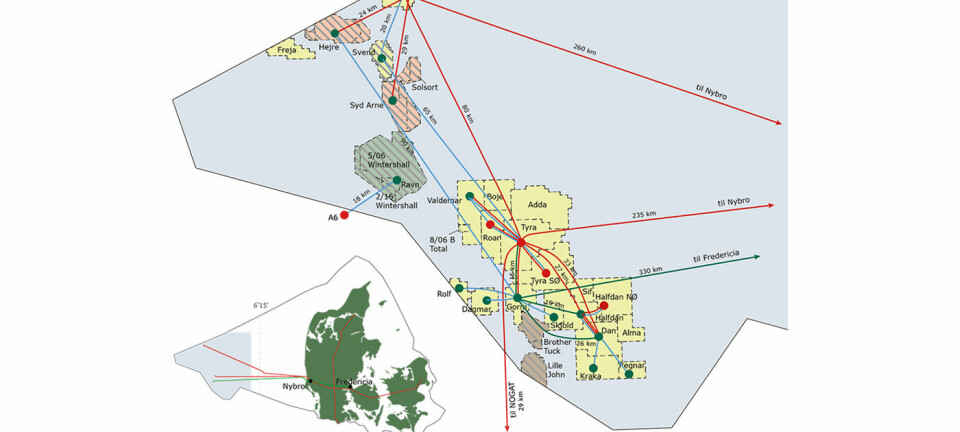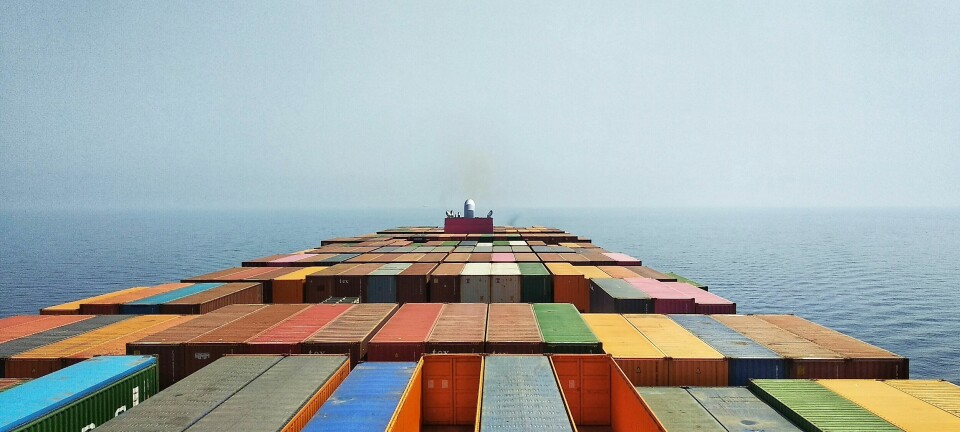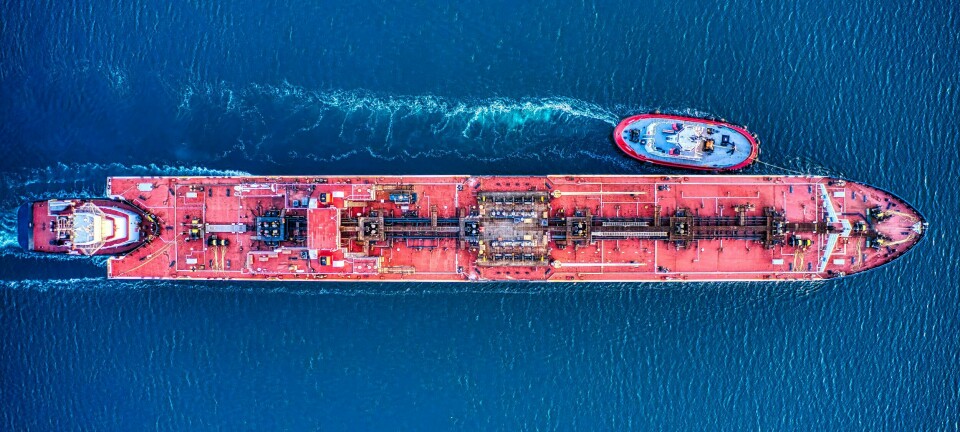US senators push for Coast Guard icebreaking operations in the Great Lakes region
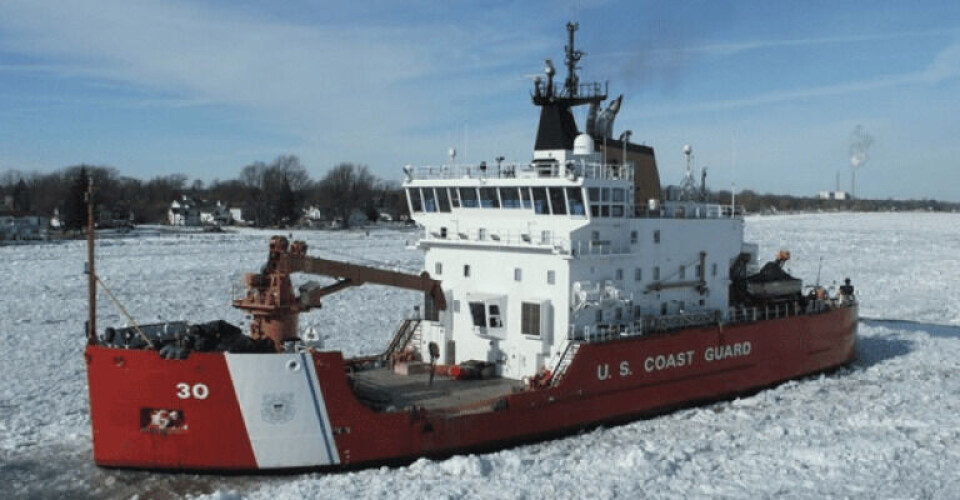
In the United States Senate, a group of lawmakers is pushing for new renewed efforts to back the Coast Guard to continue icebreaking operations in the Great Lakes to boost winter commerce in the region.
By Michael McGrady, Maritime Direct Americas & Pacific Correspondent
WASHINGTON — Sens. Tammy Baldwin, a Democrat from Wisconsin; Todd Young, a Republican from Indiana; and Gary Peters, a Democrat from Michigan, have reintroduced the Great Lakes Winter Commerce Act to the United States Senate.
All three senators intend to codify the US Coast Guard’s icebreaking mission on the Great Lakes and increase its overall icebreaking capacity for the overarching Great Lakes fleet.
Since icebreaking is a crucial component to the survival of commerce in the Great Lakes region, an increase in the icebreaking capacity is needed to help businesses and mariners rely on the local industry to transport goods and access the global and regional economies.
“Roughly 28% of our nation’s annual economic output comes from the Great Lakes region, and the pandemic has only emphasized the area’s importance to our nation’s economy,” said Sen. Young in a press statement. “Our legislation will support icebreaking missions to expand capacity to ship goods, create jobs, and strengthen the economy in Indiana and other Great Lake states.”
In the same press statement as Young, Baldwin noted that the winter freeze significantly impacts the cargo capacity for the Great Lakes.
“Inadequate icebreaking capacity in the Great Lakes is costing us thousands of American jobs and millions in business revenue. We must boost our icebreaking capacity in the Great Lakes to keep our maritime commerce moving,” said Sen. Baldwin.
“Icebreaking in the Great Lakes is critical not just for Michigan’s economy – but for our entire country,” added Sen. Peters in the same statement. “As we have seen this winter, the economic crisis caused by the Coronavirus pandemic has made the importance of icebreaking more vital than ever to our small business community.”
According to Baldwin’s office, icebreaking capacity in the Great Lakes supports over 90 million tons of cargo on an annual basis.
The office also notes that a study by the Lake Carriers’ Association found that businesses dependent on the lakes maritime industry lost over $1 billion in revenues because of delays caused by inadequate icebreaking operations.
The Chamber of Marine Commerce also notes that the Great Lakes-St. Lawrence Seaway is also a crucial component of the region’s Canadian and United States commerce.
“This historic bill will codify into law a long-time Coast Guard mission that protects national and economic security,” said Jim Weakley, the president of the Lake Carriers’ Association. “It provides Congressional direction and performance metrics.”
“This bill supports jobs across the Great Lakes and the nation,” adds Steve Fisher, the American Great Lakes Ports Association executive director. “It would be devastating to have another winter like 2019 when the economy lost $1 Billion and more than 5,000 jobs due to inadequate icebreaking.”
If the Great Lakes Winter Commerce Act becomes law, the bipartisan bill would update the so-called “outdated” icebreaking mission and increase the Great Lakes fleet’s icebreaking capacity. The law would codify the icebreaking mission, requiring the Coast Guard to break the ice in the Great Lakes per the reasonable demands of commerce outlined in the bill. Under that standard, all measures proposed in the act derive from a 1997 Coast Guard study that outlines the icebreaking requirements.
The bill also requests the Coast Guard to report to Congress on the lakes’ icebreaking season by requiring an annual report of the guard’s activities during the winter season. The act also defines “reasonable demands of commerce” as the “safe movement of commercial vessels transiting ice-covered waterways in the Great Lakes, regardless of the type of cargo, at a speed consistent with the design capability of Coast Guard icebreakers operating in the Great Lakes.”
$350 million will also be appropriated and authorized to construct a new icebreaker to be operated by the Coast Guard in the region.


